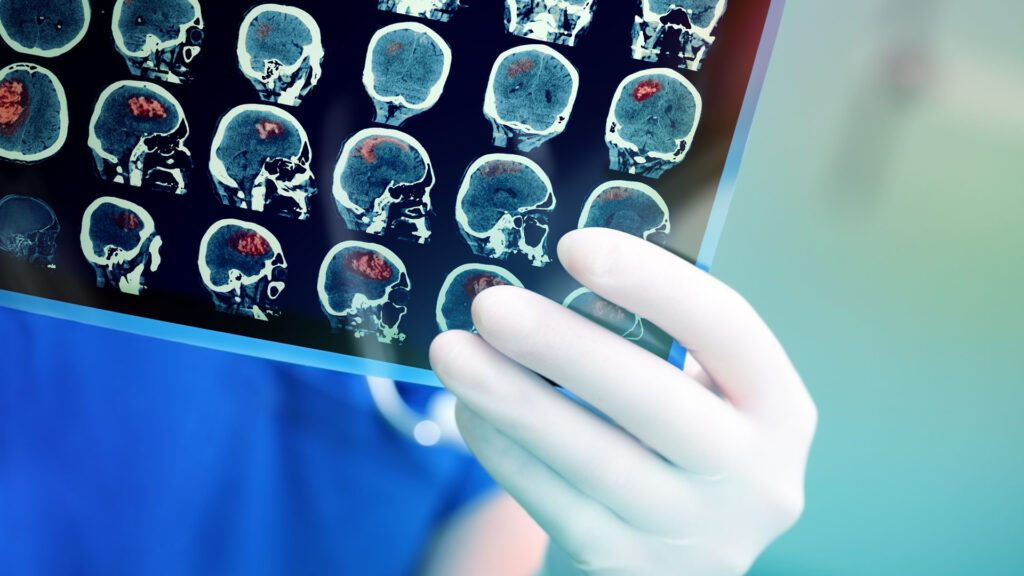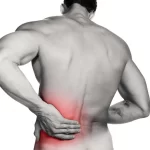Brain Stroke is one of the leading causes of death and disability in the world. It is a medical emergency that can cause lasting damage to a person’s brain and body. Neurology is a medical specialty that focuses on the diagnosis, treatment, and prevention of neurological disorders. The role of neurology in treating stroke patients is essential for providing the highest quality of care and improving the chances of successful recovery. In this blog, we will be discussing the role of neurology in treating stroke patients in detail, with a focus on the expertise of best neurosurgeon in Pune Dr. Priyanka Walzade Tonde. We will explore the various treatments and therapies available, the importance of a multidisciplinary approach, and the importance of early diagnosis and treatment in brain stroke patients. We will also discuss the latest advancements in stroke care and the important role of neurology in the prevention of stroke.
What is Brain Stroke?
Brain Stroke is a medical condition that occurs when the blood supply to part of the brain is interrupted or reduced, depriving the brain of oxygen and nutrients. This can result from a blocked artery, a burst artery, or a clot in the brain. Symptoms of Brain stroke include numbness or weakness in the face, arm, or leg, difficulty speaking, confusion, and vision loss. If untreated, stroke can cause long-term disability or death.
What are Risk Factors of Stroke?
A. High Blood Pressure: High blood pressure is one of the most common risk factors for stroke. High blood pressure is a condition where the force of the blood against the artery walls is higher than normal. This force can damage the artery walls, and if left untreated can lead to stroke. High blood pressure can be controlled with lifestyle and/or medication.
B. Smoking: Smoking is a major risk factor for stroke. The chemicals in cigarette smoke increase the risk of stroke by damaging the lining of the arteries. This damage can lead to a buildup of plaque, which increases the risk of a clot forming in the arteries and blocking blood flow to the brain, causing a stroke.
C. High Cholesterol: High cholesterol is another risk factor for stroke. Cholesterol is a fatty substance that builds up in the arteries, making it more difficult for blood to flow freely. High cholesterol can lead to a buildup of plaque, which increases the risk of a clot forming in the arteries and blocking blood flow, causing a stroke. It can be managed through lifestyle changes, such as exercising and eating a healthy diet, and/or medication.
Diagnosis For Brain Stroke
A. Signs and Symptoms
The signs and symptoms of brain stroke can vary depending on the type of stroke, the severity of the stroke, and the area of the brain that is affected. Common signs and symptoms of brain stroke include sudden weakness or numbness of the face, arm or leg, usually on one side of the body, sudden confusion or trouble speaking or understanding, sudden vision problems, sudden difficulty walking, dizziness, loss of balance or coordination, sudden severe headache with no known cause, and sudden trouble or difficulty with activities that require fine motor skills, such as writing.
B. Tests
In order to diagnose a stroke, a doctor will typically begin by taking a detailed medical history and conducting a physical exam. They may then order certain tests such as a CT scan, MRI, and/or an angiogram to look for any blockages or other abnormalities in the blood vessels of the brain. A neurologic exam may also be performed to assess the function of the brain and nervous system. Other tests that may be used to diagnose stroke include blood tests to check for clotting factors and a carotid ultrasound to look for blockages in the carotid artery.
Brain Stroke Treatment in Aundh at Dr. Tonde’s Neuro & Ortho Clinic
A. Medications : At Dr. Tonde’s Neuro & Ortho Clinic, brain stroke treatment begins with medications. Depending on the type of stroke, certain medications can be used to reduce the risk of stroke or even to treat acute stroke. These medications may include anticoagulants such as warfarin and aspirin, cholesterol-lowering drugs, antiplatelet drugs and/or anti-inflammatory drugs. In addition, medications may be prescribed to lower blood pressure and reduce the risk of further strokes.
B. Surgery : In some cases, surgery may be necessary to treat a brain stroke. This may be done to open up a blocked artery, remove a clot, or repair a damaged artery. Surgery may also be used to treat an aneurysm or to improve the flow of blood to the brain. The type of surgery that is required will depend on the type of stroke and the severity of the symptoms.
C. Rehabilitation : After a brain stroke, rehabilitation is important to help the patient regain as much of their lost function as possible. This might include physical therapy, occupational therapy, speech therapy, and/or cognitive therapy. The goal of rehabilitation is to help the patient to relearn skills and be as independent as possible. The team at Dr. Tonde’s Neuro & Ortho Clinic will work with the patient and their family to create a personalized rehabilitation program.
Conclusion
In conclusion, neurology has been able to make great strides in treating Brain stroke patients. Neurologists are now able to offer a wide range of treatments that can help patients to recover from a stroke, reduce their risk of disability, and improve their quality of life. These treatments include medicines, physical therapies, and lifestyle modifications. Neurologists are also able to offer more specialized treatments, such as endovascular thrombectomy and intra-arterial thrombolysis, which can help to improve outcomes even further.
The benefits of treatment for stroke patients are numerous. Treatment can reduce the risk of disability and improve the patient’s quality of life. It can also reduce the risk of complications and premature death. Treatment can also help to restore function and mobility, allowing patients to return to activities that they were once unable to do.
The future outlook for stroke treatment is very promising. Neurologists are continuing to develop new treatments and therapies that are more effective and less invasive than before. With continued research and development, neurologists will be able to offer even more treatments that can help to improve the quality of life for stroke patients.
Dr. Priyanka Walzade Tonde offers brain stroke treatment in Aundh. She is an experienced neurologist and specializes in treating stroke patients. She provides comprehensive care to her patients and is dedicated to helping them recover from their strokes. Dr. Tonde has a strong commitment to providing the best possible care to her patients and is an invaluable resource for stroke patients in Aundh.




